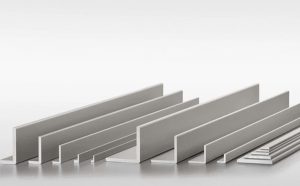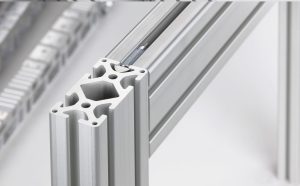Categories
Recent Posts
- Inch to Millimeter Conversion Chart Molybdenum January 23, 2023
- Sustainable and Cost-Effective: The Environmental and Economic Benefits of Aluminium Profiles January 18, 2023
- A Comprehensive Guide to Aluminium Profile Grading Systems January 12, 2023
- Built to Last: The Durability and Strength of Aluminium Profiles January 11, 2023
- Designing with Precision: The Flexibility of Aluminium Profiles January 5, 2023













Add comment